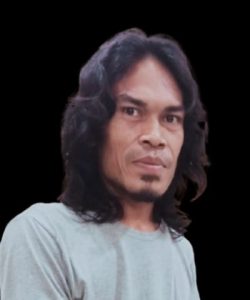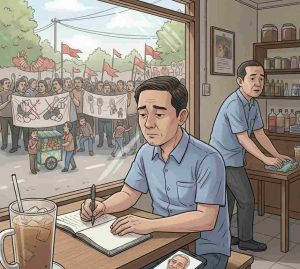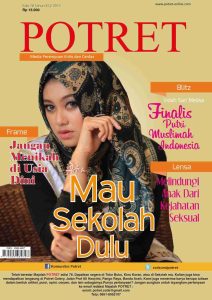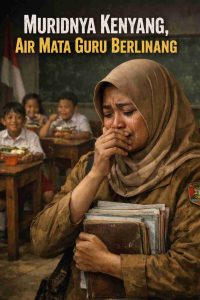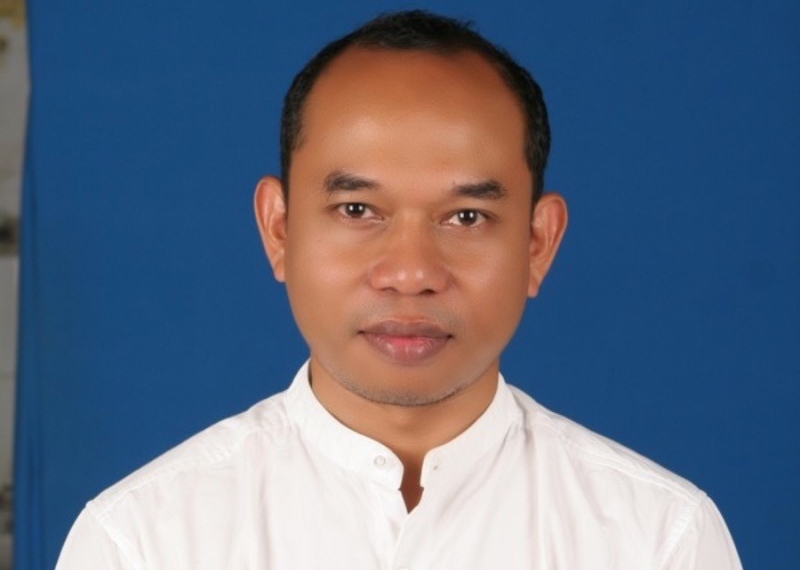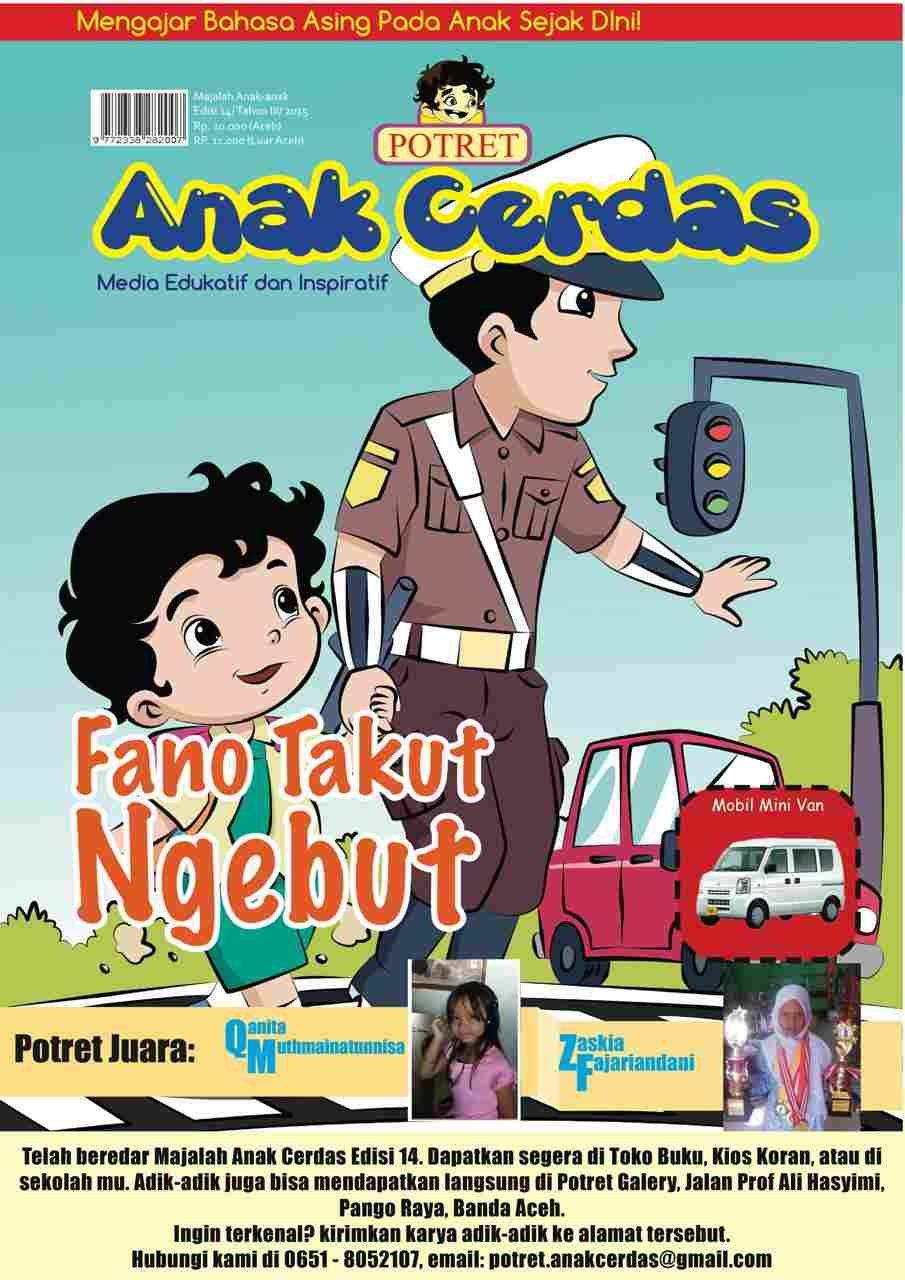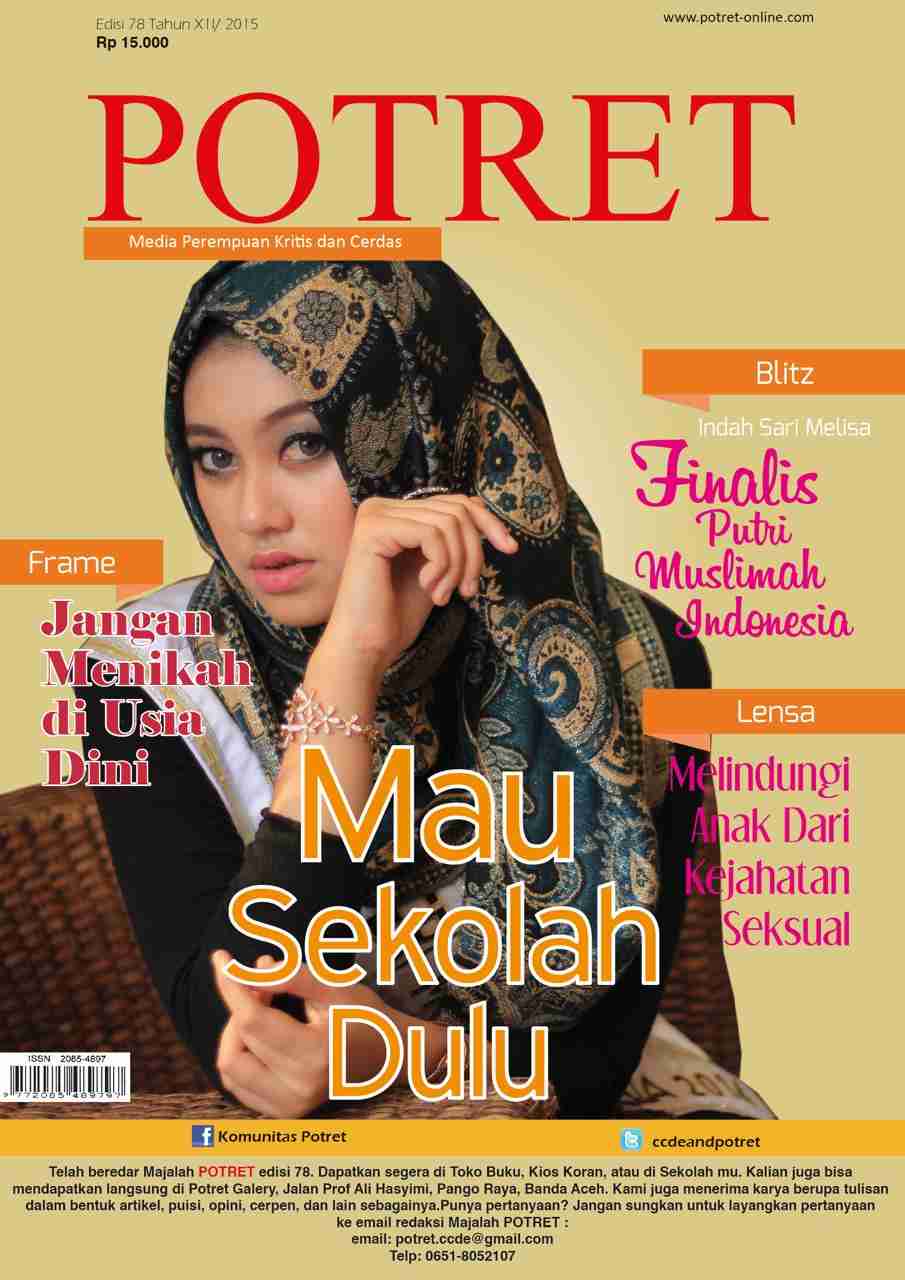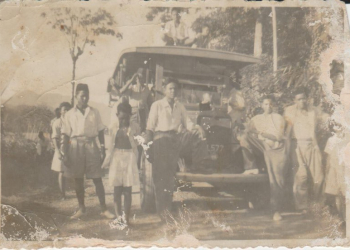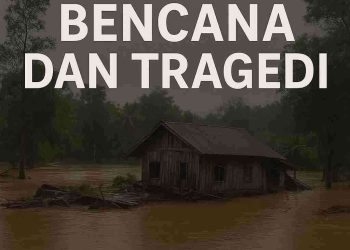Dengarkan Artikel
By Dr. Al Chaidar Abdurrahman Puteh, M.Si
Scholasticide is the systematic destruction of education and intellectual life within a society, often as a deliberate act during conflict or occupation (Giroux, 2024). This concept extends beyond the physical destruction of educational institutions to include the killing or targeting of academics, students, and educators, the suppression of academic freedom, and a broader assault on a community’s knowledge infrastructure (Giroux, 2025: 1-16).
The concept of scholasticide has been applied to describe the impact of conflicts on education systems, particularly in regions like Gaza. In this context, scholasticide has been characterized by the destruction of universities, the killing of academics, and the broader aim of erasing a generation by undermining its educational foundation, which some scholars connect to ethnic cleansing (Dader et al., 2024: 1-12).
Typologies of scholasticide also include the authoritarian regimentation and marginalization of academia, as observed in Indonesia (Qumsiyeh & Banat). It is viewed as an ongoing colonial attack on higher education, aiming to dismantle the intellectual and cultural infrastructure of a population (Qumsiyeh & Banat). Such actions are seen as “scholasticidal tendencies” and continuities within a broader context of genocide (Hajir & Qato, 2025: 1-9). Resistance to scholasticide and academic apartheid has also been documented (Smith, 2024).
The systematic targeting and killing of academics in Gaza, alongside the widespread destruction of educational infrastructure, is increasingly being termed “scholasticide.” This concept suggests a deliberate effort to dismantle the very foundation of Palestinian society and intellectual life, and many scholars argue that it is an integral part of the broader acts of genocide being perpetrated in Gaza.
The deliberate destruction of universities, with the aim of erasing a generation and contributing to ethnic cleansing, is a key component of what is termed “scholasticide” (Dader et al., 2024: 1-12). This concept highlights how the targeting of educational institutions and the individuals within them is not merely collateral damage in conflict, but a calculated strategy to undermine a society’s intellectual and cultural future.
In the context of Gaza, the destruction of universities is seen as a deliberate act that aims to eliminate the intellectual and social foundations of Palestinian society. This action is intertwined with the broader goal of ethnic cleansing, as it seeks to destroy the ability of a population to reproduce itself culturally and intellectually (Dader et al., 2024: 1-12). By removing the means of higher education, there is an attempt to deny future generations their right to knowledge, critical thought, and self-determination. This systematic assault on education is considered a form of “scholasticidal tendencies and continuities” within a broader context of genocide (Hajir & Qato, 2025: 1-9). It is viewed as an ongoing colonial attack on Palestinian higher education, aiming to dismantle their knowledge systems and cultural identity (Qumsiyeh & Banat).
Scholasticide, a term gaining increasing prominence, describes the deliberate and systematic destruction of education and intellectual life within a society. It encompasses not only the physical annihilation of schools and universities but also the targeting and killing of academics, students, and educators, along with the suppression of academic freedom and the broader dismantling of a community’s knowledge infrastructure (Giroux, 2024; Giroux, 2025: 1-16).
The concept is particularly resonant in the context of Gaza, where the destruction of universities, the aim of erasing a generation, and its connection to ethnic cleansing highlight the multifaceted nature of scholasticide (Dader et al., 2024: 1-12). This systematic assault on education is seen by some as an “ongoing colonial attack on Palestinian Higher Education,” extending beyond mere physical damage to include the authoritarian regimentation and marginalization of academia, as observed in various “typologies of scholasticide” (Qumsiyeh & Banat). Such actions are considered “scholasticidal tendencies and continuities” within a broader genocidal framework (Hajir & Qato, 2025: 1-9). The call to “Resisting Israeli Scholasticide and Academic Apartheid” further underscores the active struggle against these practices (Smith, 2024).
The gravity of scholasticide was brought into stark focus with the “Picturing Scholasticide” exhibition held yesterday at Leiden University. As stated on the event page, the exhibition was conceived to “shed light on the devastating impact of the war on education in Palestine” (Leiden University, 2025). Such initiatives are crucial for bringing academic concepts like scholasticide into public consciousness, translating scholarly analysis into tangible understanding. They serve as vital platforms for witnessing and acknowledging the profound and long-term consequences of such systemic destruction—not just of buildings, but of minds, histories, and futures. The act of “picturing” this destruction helps bridge the gap between abstract academic discourse and the lived realities of those affected, fostering empathy and encouraging dialogue about the urgent need to protect educational spaces and intellectual communities globally.[]
Bibliography
Dader, Khalid, et al. “Topologies of scholasticide in Gaza: education in spaces of elimination.” *Fennia-International Journal of Geography* 202.1 (2024): 1-12.
Giroux, Henry A. “Scholasticide: Waging War on Education from Gaza to the West.” *Journal of Holy Land and Palestine Studies* 24.1 (2025): 1-16.
Giroux, Henry. “Scholasticide: Erasing Memory, Silencing Dissent, and Waging War on Education from Gaza to the West.” *CounterPunch* (2024).
Hajir, Basma, and Mezna Qato. “Academia in a time of genocide: scholasticidal tendencies and continuities.” *Globalisation, Societies and Education* (2025): 1-9.
Hajir, Basma, and Mezna Qato. “Academia in a time of genocide: scholasticidal tendencies and continuities.” *Globalisation, Societies and Education* (2025): 1-9.
Leiden University. “Picturing Scholasticide: Exhibition Launch.” Leiden University Events, 6 June 2025. Available at: https://www.universiteitleiden.nl/en/events/2025/06/picturing-scholasticide-exhibition-launch
Qumsiyeh, Mazin, and Saba Banat. “Scholasticide: The ongoing colonial attack on Palestinian Higher Education.”
SMITH, ASHLEY. “Resisting Israeli Scholasticide and Academic Apartheid.” *CounterPunch* (2024).
📚 Artikel Terkait
🔥 5 Artikel Terbanyak Dibaca Minggu Ini
